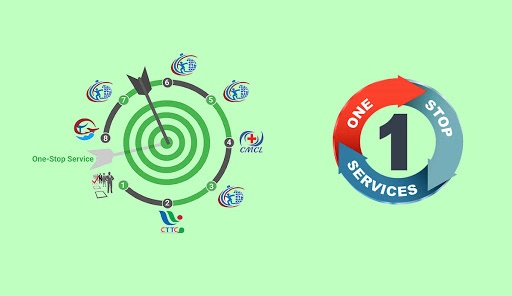The government is working on a system to find ways for Bangladeshi expatriates to invest in the country.
Besides, the Minister for Expatriate Welfare and Overseas Employment (MEWOE) is making proposals for a concerted effort to improve the quality of service for expatriate workers by launching one-stop services.
A senior official of the MEWOE said the government wants to give several facilities to Bangladeshi expatriates to ensure sustainable remittance inflow.
In this regard, the government is preparing a guideline for facilitating expatriates, he added.
Dr Atiur Rahman, former Bangladesh Bank governor, told Bangladesh Post that expatriates are virtually providing oxygen to our economy despite myriad difficulties and hurdles due to the coronavirus pandemic.
The government has taken very good initiatives to create ‘one stop service’ for providing ample support to expatriates, which will help them remove problems quickly, he added.
He said this will help expatriates, especially women, who have faced different problems abroad.
Atiur said the government can provide extra facilities to buy different bonds and government investment instruments which will encourage expatriates to invest more money at home.
Expatriate Welfare Minister, Imran Ahmed told the media, “It is important to ensure that expatriate and returning workers get government services easily. One stop service activities will be launched if necessary.”
He said we are working to create skilled hand by providing various training courses, which will help the country to get more remittance. However, remittance inflow hit a record $21.74 billion last year, up 41 percent over that in the previous year.
The country’s remittance crossed $20 billion benchmark for the first time in its history.
It was $15.41 billion in 2019.
Experts said expatriates are continuously sending money home despite the coronavirus pandemic. This remittance inflow is considered oxygen for the country’s economy.
They said the remittance flow rapidly increased through official channels due to travel restrictions imposed by most of the countries in an effort to combat the Covid-19.
Bankers said expatriates have been sending more money than at other times as the income of many of their families decreased due to the coronavirus.
On the other hand, many expatriates returned home permanently with their savings during the pandemic. It also helped boost remittance flow, they added.
An official of Bangladesh Bank (BB) said that various time-befitting initiatives taken by the government have resulted in an increased awareness among expatriate workers to send their hard-earned money through legal channels, pushing up the remittance inflow.
Some economists attributed the growth in remittance inflow to a government provision of two percent cash incentive to remitters on inward remittance for the last fiscal year.
This will significantly increase the remittance inflow through legal channels and discourage the ‘hundi’ business, they said.














